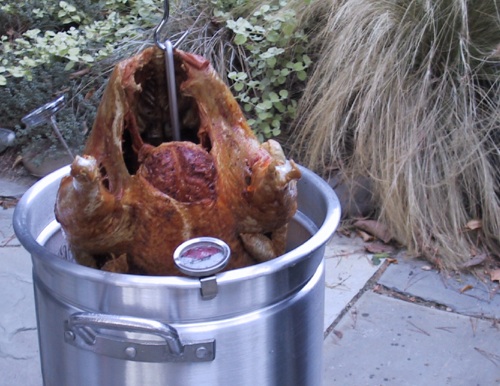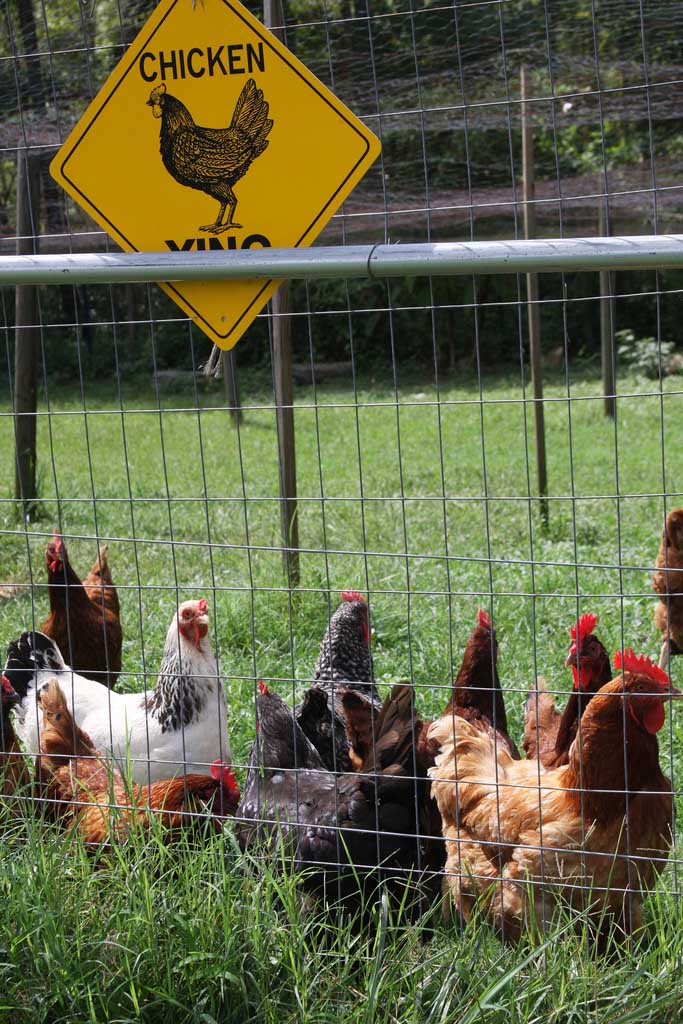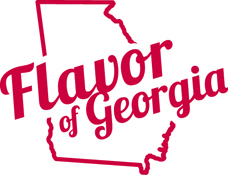 CAES News
CAES News
Overspending on gifts doesn't make the holiday season brighter
The holiday shopping season starts earlier every year. Competition from online businesses is forcing brick-and-mortar retailers to open earlier and earlier. Long before Thanksgiving dinner has been reduced to leftovers, shoppers will be looking for bargains. With a little forethought, even procrastinators can benefit from these shopping tips.



